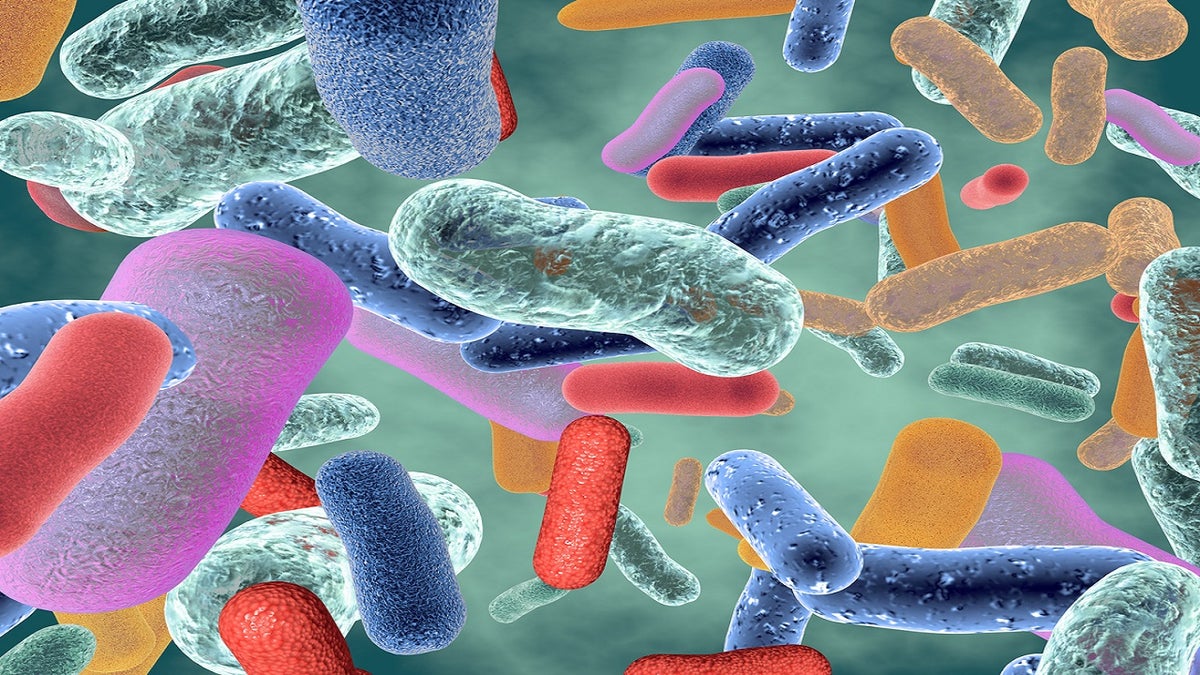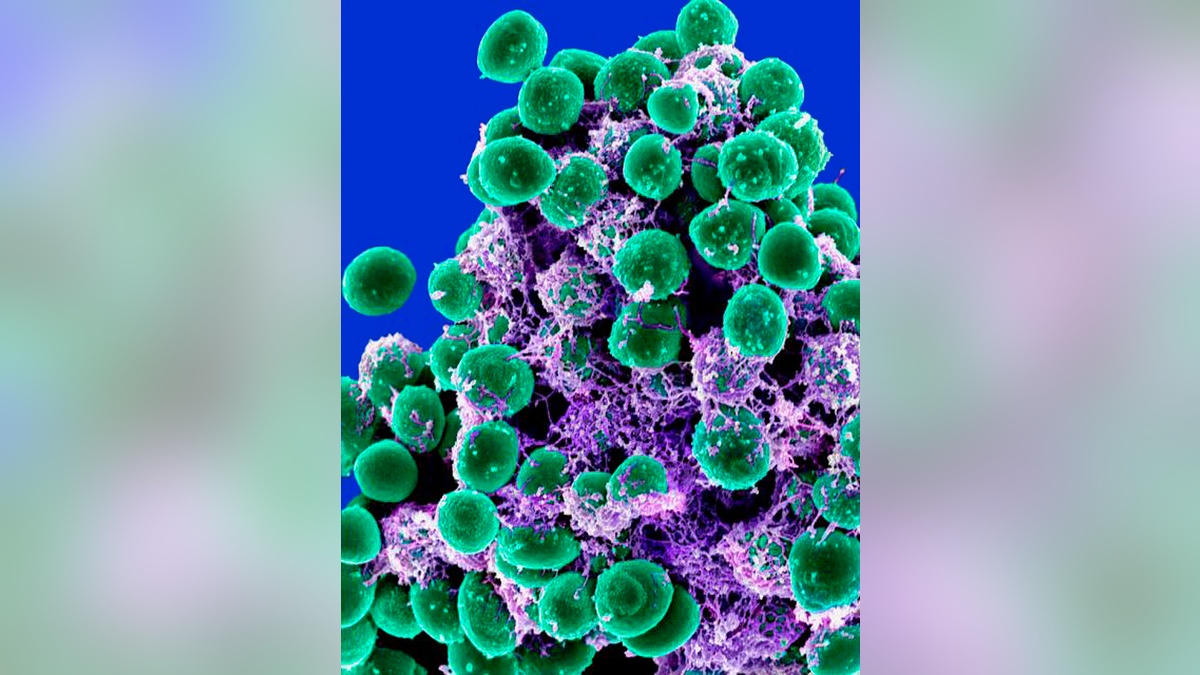Ukrainians struggling with health conditions face difficulties while fleeing country
Fox News correspondent Mike Tobin discusses how the war in Ukraine is impacting those with existing health conditions and Lviv train station serving as a hub for refugees on ‘Special Report.’
Microbes in your gut may play a role in certain personality traits, according to a recent exploratory study out of Clarkson University.
The authors of the study published in the journal Nutrient, said the purpose of the study was to identify potential correlations between gut microbiota and a person’s long-standing pre-disposition, known as a trait, to mental and physical energy and fatigue.
"Although we are still learning about the gut-brain connection, based on these exploratory findings we can see that there may be a connection between gut bacteria and trait level energy and fatigue," Ali Boolani, who conducted the research along with several colleagues from various Universities, told Fox News.

Image of bacteria, gut microbiome (iStock)
Boolani, who is an Associate Professor of Physical Therapy at Clarkson University, and his team of researchers, stated in the published report that the findings provide evidence that the four traits: mental energy (ME), mental fatigue (MF), physical energy (PE), and physical fatigue (PF), may have unique but overlapping gut bacteria profiles.
THESE ARE THE WORST FROZEN FOODS FOR YOUR HEALTH, EXPERTS SAY
In a release about the study, the researchers explained that thousands of different types of bacteria live in the gut and comprise what is known as the gut micro biome. Factors such as dietary habits, physical activity level, and health status can determine the number of each type of bacteria, according to the release. The gut micro biome is typically stable through most of one’s adult life, unless a person takes antibiotics or there is a gastrointestinal issue, according to the study authors. Similarly, they noted personality traits are also stable and can take years to change. The researchers explored a link between the two and according to the report, the authors found a potential correlation.

This 2011 digitally-colorized electron microscope image made available by the National Institute of Allergy and Infectious Diseases shows a clump of green-colored bacteria on a purple-colored matrix. (NIAID via AP)
The authors found that distinct bacteria was associated with certain personality traits. The bacteria that perform metabolic functions is most often correlated with feelings of energy while the bacteria associated with inflammation is most often correlated with feelings of fatigue. One bacterium was associated with three of the four personality traits, but none were noted between all four traits, the authors said in the study.
Boolani told Fox News that the findings shed light on the need to explore the gut micro biota to see if it determines mood and cognitive responses to various nutritional interventions, rather than just focusing only on neurotransmitters.
THE WORST FOODS FOR HEART HEALTH, ACCORDING TO EXPERTS
The study looked at 20 physically active adults. Boolani and his colleagues noted that larger studies are needed to confirm these exploratory findings.

An image showing a Petri dish with bacteria. (Shawn Lockhart/CDC via AP)
"These new findings support my previous work where we report that feelings of energy are associated with metabolic processes, while feelings of fatigue are associated with inflammatory processes." Boolani also said. "Since we are still learning about the gut micro biome, we don’t know whether if we try to change our personality trait, we might see a change in gut micro biome; or if we try to change our gut micro biome, we might also change our personality trait."
CLICK HERE TO GET THE FOX NEWS APP
Boolani and his research team plan to duplicate the study with a larger number of participants, with samples from a much larger number of participants at both Clarkson and the University of North Carolina at Chapel Hill.
